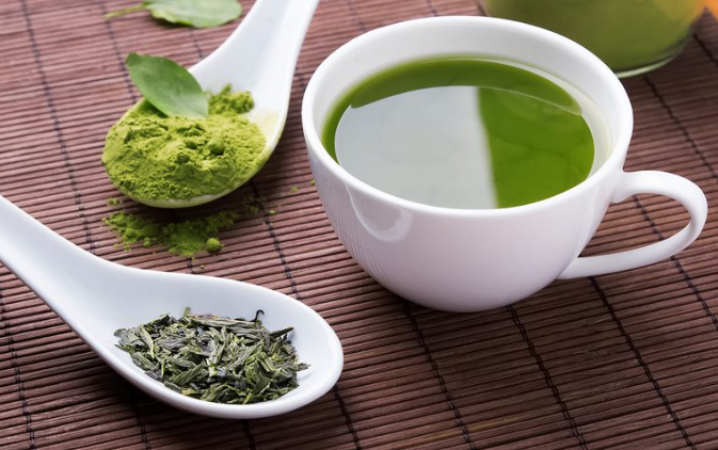
Consuming green tea for four weeks can reduce blood sugar levels and improve gut health by lowering inflammation and decreasing "leaky gut” in people with a cluster of heart disease risk factors according to new research. Researchers said that this is the first study assessing whether the health risks linked to the condition known as metabolic syndrome, which affects about one-third of Americans, may be diminished by green tea's anti-inflammatory benefits in the gut.
Senior study author and professor of human nutrition at The Ohio State University Richard Bruno, "There is much evidence that greater consumption of green tea is associated with good levels of cholesterol, glucose and triglycerides, but no studies have linked its benefits at the gut to those health factors,"
The clinical trial was conducted on 40 individuals as a follow-up to a 2019 study that associated lower obesity and fewer health risks in mice that consumed green tea supplements with improvements to gut health. In the new study, green tea extract also lowered blood sugar, or glucose, and decreased gut inflammation and permeability in healthy people -- an unexpected finding.
"What this tells us is that within one month we're able to lower blood glucose in both people with metabolic syndrome and healthy people, and the lowering of blood glucose appears to be related to decreasing leaky gut and decreasing gut inflammation -- regardless of health status," Bruno said.
Articles on glucose results and lowered gut permeability and inflammation were published recently in Current Developments in Nutrition.
"Most physicians will initially recommend weight loss and exercise. Unfortunately, we know most persons can't comply with lifestyle modifications for various reasons," he said. "Our work is aiming to give people a new food-based tool to help manage their risk for metabolic syndrome or to reverse metabolic syndrome."
This work was supported by the U.S. Department of Agriculture and the Ohio Agricultural Research and Development Center at Ohio State.
Ohio State co-authors of both papers include Min Zeng, Geoffrey Sasaki, Sisi Cao, Yael Vodovotz and Joanna Hodges. Avinash Pokala and Shahabeddin Rezaei also co-authored the paper on glucose reduction.
Strokes linked to Depression: Study
Higher voice pitch lets female faces appear younger: Study
Immunotherapy might help to Improve Lung Cancer Treatment: Study